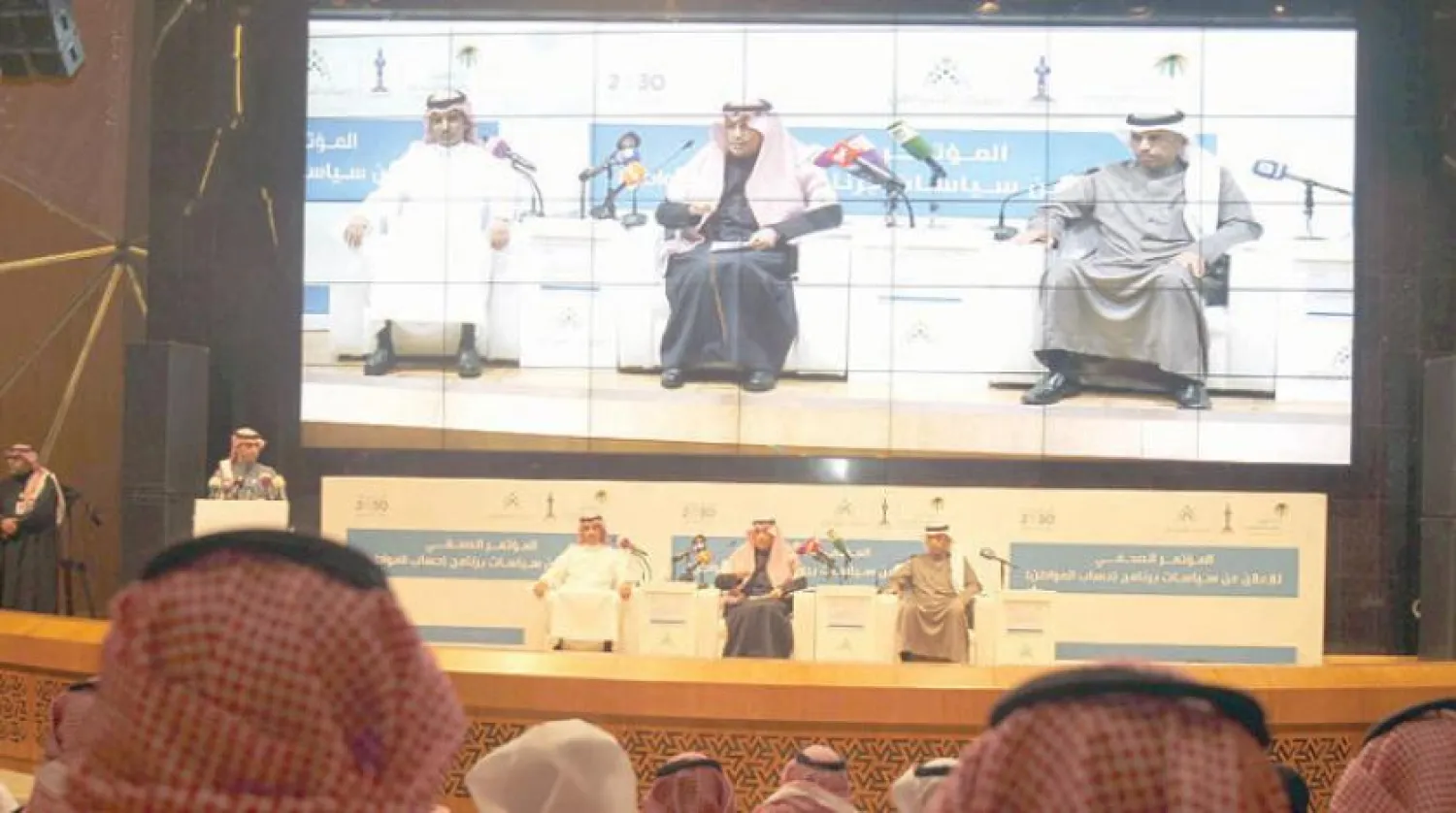In a move to reduce the economic impact of price changes in energy products in the country, the Saudi cabinet on Tuesday adopted policies for a Citizen Account Program.
The policies include details of the beneficiaries of the program and the eligibility criteria.
This step is the first to activate support programs under ‘Citizen Account’, which focuses on the distribution of government financial boosters efficiently, by distributing it to the categories eligible for support depending on the social situation.
According to Minister of Labor Ali bin Nasser Ghafis, there are more than 13 million beneficiaries registered in the Citizen Account. The first deposit to the citizens’ accounts will be made starting December 21, 2017, and will be accompanied by the announcement of the amounts and other details.
The support compensates for the increase in prices as a result of the correction in electricity and gasoline prices, and the application of VAT on food and beverage commodities.
The program’s policies stipulate that the beneficiary should be a Saudi citizen, that the beneficiary is not residing in any of the government shelters or prisons, and that the data given on the registration form should be consistent with that of the relevant authorities.
During a press conference held in Riyadh, Minister of Labor and Social Development Dr. Ali Al-Ghafis stressed that the Citizen Account program will not affect other support programs such as social security or the Hafiz program.
Ghafis pointed out that the amount of beneficiary support from the "Citizen Account" program will vary according to changing economic conditions of families and the independent beneficiaries, indicating that the program policies will be reviewed every 3 months.
Beneficiaries can directly modify the support plan they join if recorded data changes, they will receive a additional support in case of maturity will be in the following month immediately.
On the other hand, the Saudi energy ministry issued a statement announcing that in implementation of the decision of the Council of Ministers, electricity tariffs and prices of gasoline, diesel (for industry and utilities) and aviation fuel will be corrected.
Accordingly, the ministry will supervise studying these prices and study all related arrangements in order to achieve the desired goals.
It added that this decision falls within the framework of economic reform programs initiated by the Kingdom, which aim to enhance economic, environmental efficiency, rationalize consumption of natural resources, namely "energy products" and conserve them for the benefit of the future generations, while taking into account sustaining competitiveness inside the industrial sector and other economic sectors.









